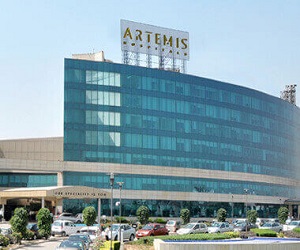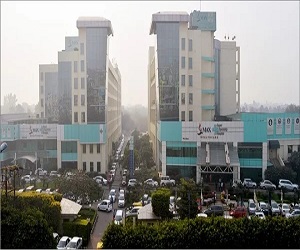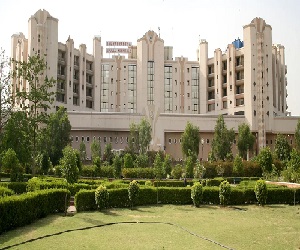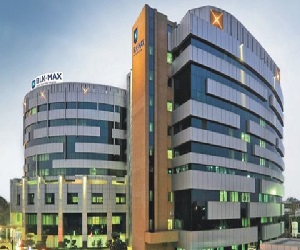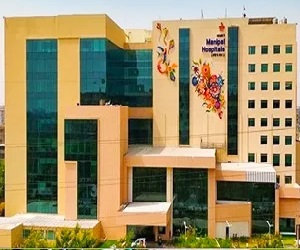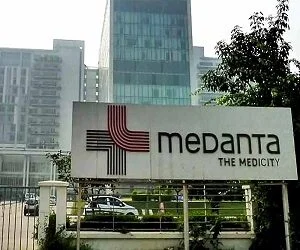Gastric cancer, or stomach cancer, involves the uncontrolled proliferation of cancerous cells within the stomach. In the United States, most cases of stomach cancer occur at the gastroesophageal junction, where the stomach meets the esophagus. Typically, cancer begins in the largest part of the stomach and then develops further.
Stomach cancer usually develops gradually, originating in the stomach lining in about 95% of cases. If not treated, it can spread through the entire stomach wall and form a tumor. This tumor can then extend to nearby organs such as the pancreas and liver, potentially infecting them as well.
Signs or Indications of Stomach Cancer
In its early stages, stomach cancer often does not exhibit any symptoms. Common early indicators, such as unexplained weight loss and stomach pain, usually do not appear until the disease has advanced. Symptoms and signs of stomach cancer may include:
- Decrease in appetite.
- Difficulty swallowing
- Weakness or drowsiness
- Vomiting and nauseous.
- Unaccounted-for weight loss
- Both dyspepsia and diarrhea.
- Bleeding internally or having black faces.
- Bloating in stomach after having food
- Stomach discomfort, frequently above the belly button.
- Even after eating a light meal, having a feeling of being full.
Though these signs are also prevalent in other diseases.
Stomach Cancer Treatment
The treatment plan is based on the severity of the malignancy, your health status, and your overall medication preferences. Typically, it involves a healthcare team that includes your primary care physician, an endocrinologist, and a gastroenterologist. They will provide guidance on your treatment options.
Surgery: Depending on the stage of the cancer, your doctor might recommend surgery to remove precancerous cells, a tumor, or possibly part or all of your stomach.
Upper endoscopy: An upper endoscopy can be used to remove early-stage stomach cancer that has only spread to the surface layers of the stomach. During this procedure, a gastroenterologist removes the cancerous cells from the stomach lining through the esophagus.
Gastrectomy: If the tumor extends beyond the superficial layers of your stomach, surgery will be necessary to remove either part or all of the stomach. In a subtotal gastrectomy, the cancerous section of the stomach is excised. If a total gastrectomy is required, the entire stomach is removed. To enable you to continue eating after a total gastrectomy, your healthcare provider will connect your esophagus to your small intestine.
Therefore, these procedures should be performed as soon as symptoms appear, without concern for the expense, as the cost of stomach cancer treatment in India is affordable.
Post-Op-Care in Stomach Cancer
- Chemotherapy is crucial for people who did not receive it prior to surgery or after the procedure. Chemotherapy uses drugs to eliminate cancer cells.
- After the procedure, you should only consume a minimal amount of food.
- The operation is painful, occasionally excruciatingly painful.
- Doctors advise patients to have vitamin injections to help with their pain.
- You should take a small vacation from your regular daily schedule in order to recuperate more quickly.
- Patients are given clear instructions: Never move or raise anything that is heavy.
The follow-up process involves physical exams, blood tests, and scans to determine if the treatments are effective. Keeping detailed records of the patient’s health and condition is essential.
Stomach Cancer Treatment cost in India are as follow
| Treatment | Cost in USD | Stay in Hospital |
| Stomach Cancer Treatment | 4600-5000 | 4-5 Days |
| Head and Neck Cancer Treatment | 4600-5500 | 4-5 Days |
| Chemotherapy Treatment | 1000-1100 | 10-15 Days |
| Gallbladder Cancer Treatment | 4600-5500 | 5-7 Days |

